GREAT BOOKS 24: Jean-Jacques Rousseau with Melissa Schwartzberg
"Man is born free, and everywhere he is in chains." The opening sentence of 18th century philosopher Jean-Jacques Roussau's Social Contract poses a central question for all of us. Why do we live under conditions of inequality, violence, dependency and general unhappiness (just look on twitter!) if society is made by us and for us? Why does it seem that modern human beings are not liberated but in fact subjugate themselves voluntarily to a system that robs them off their freedom? Rousseau's thought has informed much of modern political theory and philosophy and inspired people everywhere to think about the balance between individual liberty and collective existence. In order to understand better the lasting influence of Rousseau and his current significance, I spoke with Melissa Schwartzberg, who is Silver Professor of Politics at New York University and a specialist in political theory. Melissa's research is in the historical origins and normative logic of democratic institutions. This means she examines the principles underlying democracies and also the way democratic practices, from constitutions to elections, work out today. Professor Schwartzberg is the author of several books: Counting the Many: The Origins and Limits of Supermajority Rule, and Democracy and Change.

